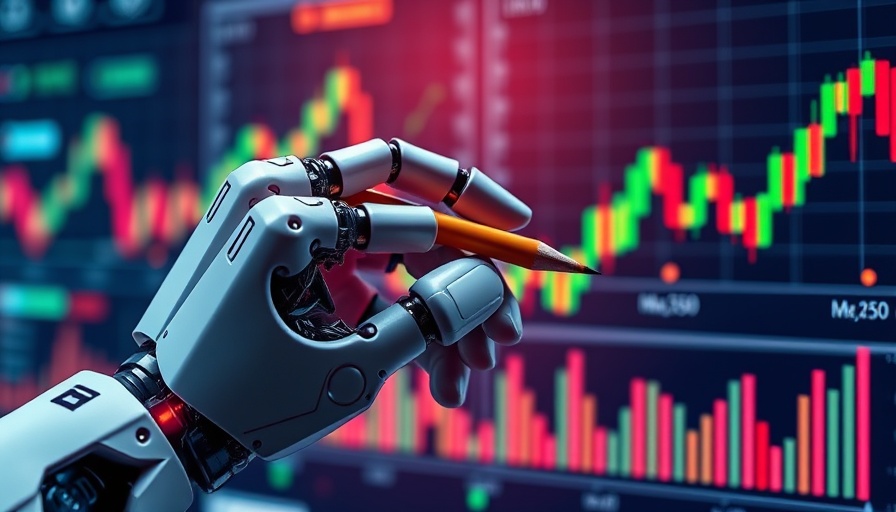
AI Agents have Arrived: Understanding the Impact on Jobs
As AI agents become ubiquitous, workers everywhere are grappling with a looming question: how afraid should they be of losing their jobs? Computers and algorithms are stepping into roles traditionally held by humans, raising concerns about ai job cuts and ai job loss. While these advancements promise efficiency and innovation, they also pose a significant threat to workforce stability.
What Do Current Trends Reveal About AI and Employment?
Today’s labor market is experiencing a seismic shift, with technology disrupting industries from customer service to manufacturing. According to a recent study, nearly 40% of workers fear that automation could replace their jobs in the next decade. Yet, while these figures sound alarming, it’s essential to consider what this means on a broader scale.
Some sectors may face a higher risk of layoffs than others. For instance, routine-based jobs, such as data entry and basic customer interactions, are the most susceptible to automation. However, many experts believe that jobs that require high levels of interpersonal skills and creativity will remain secure for now. These insights can help workers navigate the variable landscape shaped by these changes.
Local Perspectives: Resilience in Adversity
In my community, neighborhood entrepreneurs are stepping up despite the uncertainties. Small business owners showcase resilience by adapting to new technologies rather than shying away. For example, a local bakery incorporated an AI-driven inventory management system to enhance efficiency, ultimately creating new job opportunities for tech-savvy workers.
This narrative is common across many areas. As much as AI threatens certain jobs, it also creates new avenues for collaboration and application. Upgrading skills and embracing this change can empower workers to navigate the turbulent waters of automation with confidence.
Understanding the Concerns: What Keeps Workers Up at Night?
The fear of job loss is often compounded by economic factors, such as rising costs and instability in various industries. This anxiety is tangible; workers often share their stories of familial pressures and the need for a stable paycheck. Emotional stakes like these make the conversation about AI very personal.
It’s vital to highlight the personal stories behind worker fears. For many, layoffs aren't just statistics — they represent disrupted lives and aspirations. Striking a balance between technological advancement and job security will require empathy from employers and policymakers alike.
Future Opportunities: Turning Challenges into Growth
While AI presents challenges, it also opens up exciting new possibilities. As industries evolve, new roles in AI oversight, maintenance, and ethical governance will emerge. Workers who develop skills relevant to these areas can find themselves in high demand.
Moreover, investing in education and training programs could pave the way for a workforce that thrives alongside technology. Communities that support such initiatives can pave the way for a harmonious relationship between AI and humanity, ensuring job security while fostering innovation.
Summary of the AI Job Landscape: Navigating the Future
In conclusion, the advent of AI agents prompts a dual narrative of fear and opportunity. While fears of job losses are valid, they shouldn’t overshadow the potential for growth and reinvention. By staying informed and adaptable, workers can prepare themselves to thrive in a future where humans and AI collaborate.
Let’s continue this essential conversation about AI’s impact on jobs. Share your thoughts, personal stories, or concerns about AI at the local community center or online discussion boards. Together, we can ensure that progress benefits everyone.
 Add Row
Add Row  Add
Add 




Write A Comment